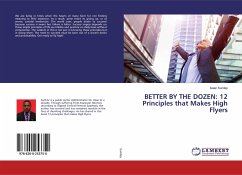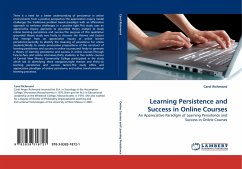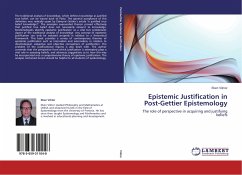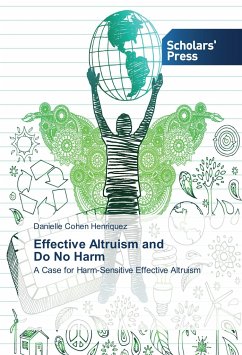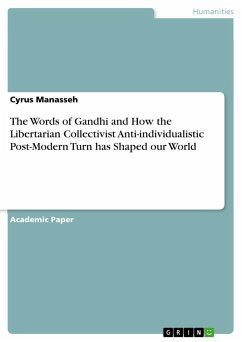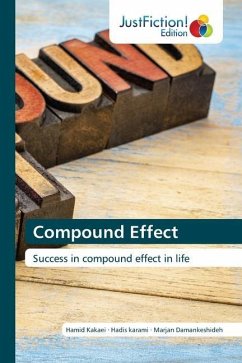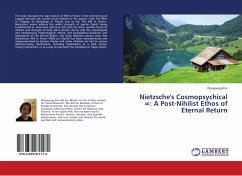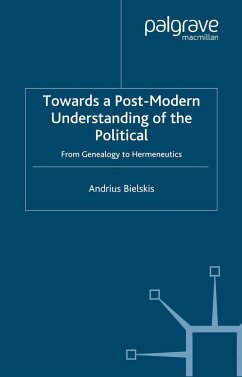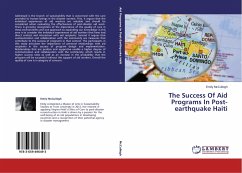
The Success Of Aid Programs In Post-earthquake Haiti
Versandkostenfrei!
Versandfertig in 6-10 Tagen
47,99 €
inkl. MwSt.

PAYBACK Punkte
24 °P sammeln!
Addressed is the branch of sustainability that is concerned with the care provided to human beings in the disaster context. First, it argues that the individual experiences of aid workers are valuable and should be considered when evaluating the effectiveness of post-disaster aid work. There is growing recognition of the importance of the quality of care in these environments and one approach to expanding our knowledge in this area is to consider the individual experiences of aid workers that have had direct contact and interaction with aid recipients. Second it argues that communication and c...
Addressed is the branch of sustainability that is concerned with the care provided to human beings in the disaster context. First, it argues that the individual experiences of aid workers are valuable and should be considered when evaluating the effectiveness of post-disaster aid work. There is growing recognition of the importance of the quality of care in these environments and one approach to expanding our knowledge in this area is to consider the individual experiences of aid workers that have had direct contact and interaction with aid recipients. Second it argues that communication and collaboration with the community are measures that contribute to the success of programs in that context. The participants in this study articulate the importance of personal relationships with aid recipients in the success of program design and implementation. Relationships that are positive and supportive enable a higher degree of communication and collaboration with the community, which results in higher success rates as well as an increase in the probability that the program will be successful without the support of aid workers. Overall the quality of care is a category of concern.



